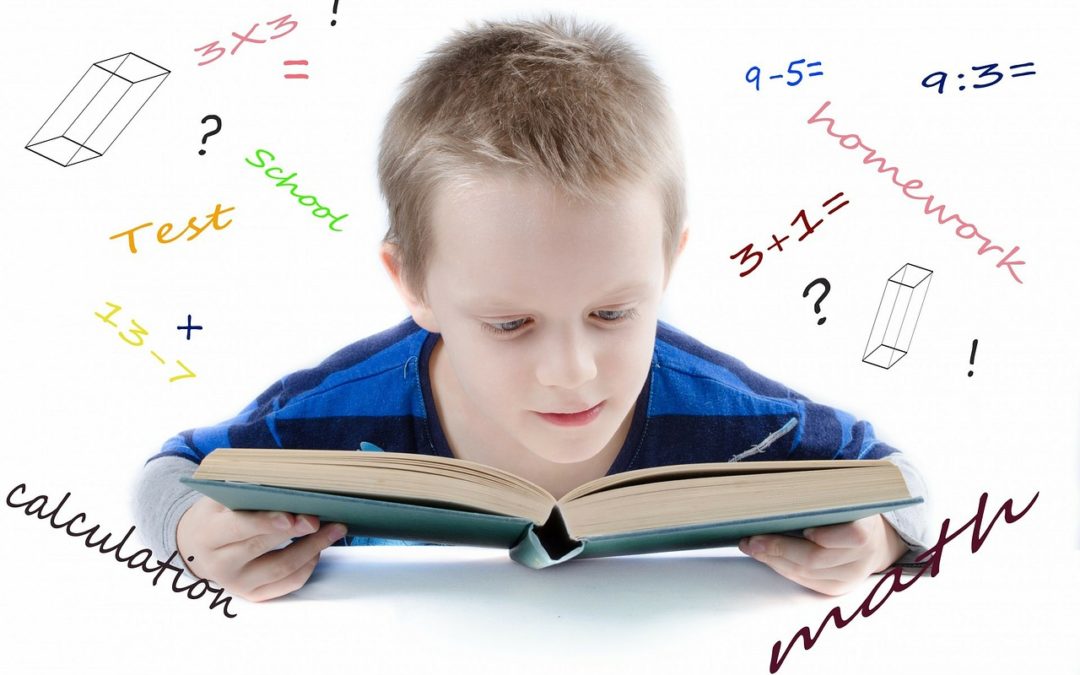Research shows a strong connection between children with vision problems and children diagnosed with either ADD or ADHD. In 2016, the University of Alabama conducted a study that revealed that young students who have vision problems are twice as likely to be diagnosed with ADHD than students who did not have a vision impairment.
The correlation between learning disorders and vision difficulties becomes more apparent to ADHD and ADD doctors every passing year. Do you suspect that your child has vision problems that impact their learning?
Several different vision conditions can affect a child’s ability to learn, focus, or be attentive. Convergence Insufficiency, also known as CI, is one of the most prevalent vision disorders that shares a commonality with children with ADD/ADHD.
Your eyes work in tandem to focus and give your brain a clear picture of what you are seeing. When a child has CI, their eyes may be working independently instead of together, leading to blurred or double vision. In addition to these vision problems, children may also develop headaches and strained, tired eyes. They may squint or close one eye to try to correct things. Convergence Insufficiency can even affect children who have 20/20 vision or wear glasses to achieve 20/20 vision.
Convergence Insufficiency and other vision problems can lead to reduced attention span, difficulty reading, difficulty concentrating, and fatigue when trying to learn or complete schoolwork. If your child also has ADD/ADHD, this can compound for an even more significant impact.
What can you do to help your child if this is the case? The first step is to make sure your child is properly diagnosed. Your child might have a vision problem, ADD or ADHD, or a combination of multiple things. In any case, the correct diagnosis can help your child get the proper treatment.
Seek the aid of ADHD doctors near you or an optometrist for vision problems. The Vision Development Center Of Lancaster can help properly diagnose and treat your child for vision impairments like convergence insufficiency, strabismus, visual perception dysfunction, and more with vision therapy.
Dr. Seiderman and his team have compiled a series of tests and examinations that can help diagnose your child and then customize a vision therapy program tailored to your child’s specific needs. This non-invasive treatment is an excellent way to treat and address your child’s vision problems.
Most therapies consist of 12 separate appointments that will train your child’s eyes and brain to communicate and work together as they were intended to. Our team uses exercises, activities, specialized computer software, and specific lenses to help treat your child. We also teach your child additional exercises to do at home between visits to help with the treatment. Every step of the way, our experts monitor your child’s progress and make adjustments to the program as necessary.
Eventually, the child’s improvements during their vision therapy sessions will translate into improved eyesight, better concentration, increased reading comprehension, and more. Improving the child’s focus and comprehension can indirectly impact the symptoms associated with ADD and ADHD. While vision therapy can not necessarily treat ADD or ADHD, it can improve other areas of a child’s life and lessen the effects of learning disorders.
If you live in or near Lancaster, PA, we invite you to seek the help of Dr. Seiderman and his team of professionals. They have helped countless patients on their journey to better vision and a better life. Contact The Vision Development Center of Lancaster today to set up an appointment!

